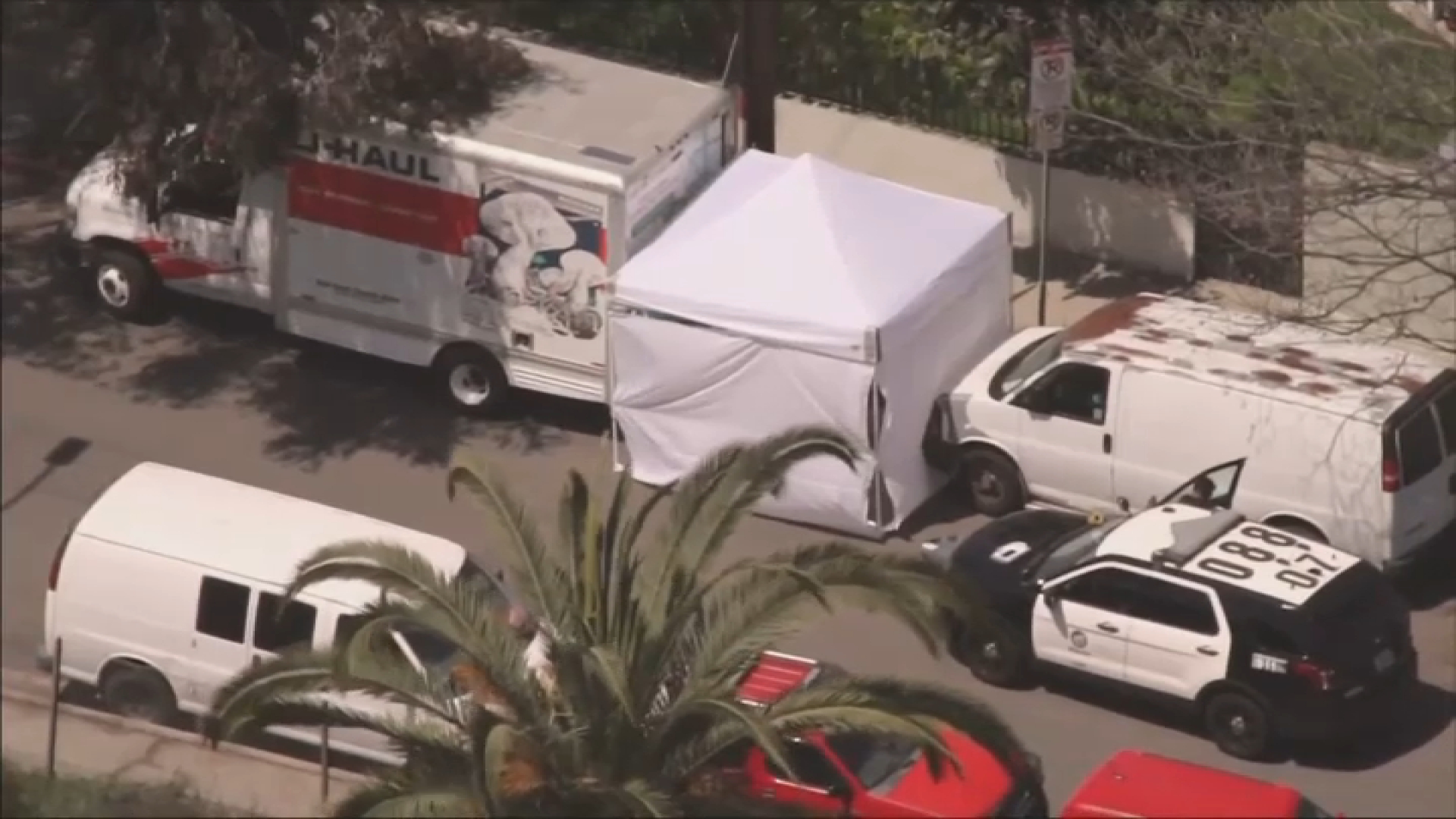After an NBC4 I-Team investigation revealed that some of California's medical marijuana supply was contaminated with potentially toxic pesticides, several local dispensaries have pulled pot products off their shelves. And, the California agency responsible for overseeing medical cannabis is promising that safety regulations, which would aim to prevent pesticide contamination, are coming by the end of the year.
"We literally just pulled them off the shelf. We don't feel comfortable giving that to our patients," said a manager at the Hollywood High Grade Dispensary. Tests commissioned by the I-Team found at least three products sold at Hollywood High Grade contained pesticides.
The changes came after the I-Team purchased 44 different products used for smoking and vaping marijuana from dispensaries across Southern California. Vaping is a technique that turns concentrated pot into vapor that can be inhaled. A nationally known laboratory tested the samples and found that 93 percent had pesticide levels that would exceed the safety limits in some other states, making them ineligible for sale due to safety concerns.
"I think the goal of California is to make sure the public and patients have safe cannabis and so I think it is important that we test the product and that we're testing for pesticides," said Lori Ajax, Director of California's Bureau of Medical Cannabis Regulation.
Ajax's agency is drawing up the state's first marijuana regulations including safety standards for pesticides and other contaminants. Some states, such as Oregon, Colorado and Nevada, already have strict limits regarding the use of pesticides when cultivating pot. Other states like Massachusetts ban the use of the chemicals outright.
"My main concern is to make sure the public and our patients have safe cannabis, so that's always going to be our main concern," said Ajax.
Patients like Todd Gullion of Orange County. Gullion thought medical marijuana would help his chronic back pain. He never expected that using it could actually lead to far worse health problems.
"Every morning you wake up and you've been hit in the head," explained Gullion. "It's affecting my balance a bit, my vision, my hearing literally shuts off."
Gullion says he began experiencing severe symptoms weeks after he began vaping marijuana daily for his back pain. Gullion blames the vaping cartridge for his medical problems but his doctors have not confirmed a connection between his symptoms and his pot use. Gullion says he had the product he used tested at a lab and the results came back positive for multiple pesticides, including one that can become hydrogen cyanide when heated--a dangerous substance once used in gas chambers.
News
Top news of the day
And he says the dispensary that sold him the cartridges assured him the pot product was indeed pesticide free.
"I asked them if there were pesticides in it. They actually seem a little insulted when you ask that question," Gullion said.
When the NBC4 I-Team purchased medical marijuana across Southern California, most dispensaries also told us their pot products were pesticide free. But that's not what we found when we had our samples tested by nationally known Steep Hill Labs in Berkeley. Steep Hill found most of the samples contained several different pesticides that exceeded the safety limits in other states.
"I'm not anti-marijuana. I am anti-pesticides," Gullion said.
He wants California to make sure that the potentially toxic chemicals don't endanger the health of other pot patients.
Ajax says her agency is still finalizing their marijuana regulations but she promises that protecting the health of medical marijuana patients is one of her agency's top priorities. She says new regulations will be in effect by January 1, 2018. And she says they'll cover medical and recreational pot, which becomes legal in California in 2018.
"All cannabis will need to be tested before it is passed on the dispensary to be sold at retail," explained Ajax. "To make sure that we have safe cannabis like any other product a consumer would go into a store to buy."



